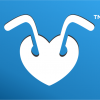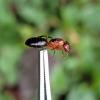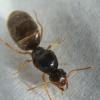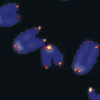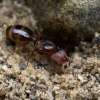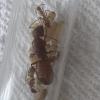P.S. Is it really that bad to transfer a queen who will most likely die into a bordering state where it can likely survive and not kill of any native???
Well, it's illegal without a permit, which is what it looks like you are saying. So, in other words, yes.
Here is an excerpt from this thread, https://www.formicul...s still illegal. written by Batspiderfish.
"There are a couple reasons why you can't move colonies across state lines, even if you believe they are the same as the native ants nearby.
Firstly, just because two ants share the same name does not mean that they are the same ant. Linnean taxonomy is a tool under constant revision because our understanding of how things are shaped and how they live regularly improves; we discover nuanced differences among species or other taxa that reveal previously undescribed, entirely new species. Such organisms are often hidden right under our noses, our taxonomy having not advanced far enough to tell them apart.
All organisms are experiencing evolution. In any given species, there are numerous genetic lineages being put under different tests, in distinct environments. Given enough separation, these lineages may eventually become species of their own, and this process is in various stages at any given time. The escape or release of foreign ants of the same species has the potential to erase speciation by either out-competing their cousins or reverting genetic changes. From a conservational standpoint, foreign ants of the same species carry much of the same consequences as exotic ants.
And lastly, the general public cannot be trusted to competently identify their ants. Even the legal ant marketplaces regularly fail to identify the ants which they are selling. They just don't know how.
The laws are there for a reason. They were drafted by the USDA in response to annual $7.5+ billion drain caused by invasive ants, the concern for public health, as well as the ecological devastation wrought by exotic ants on numerous levels. So it would be foolish to advise a member of this forum to break these laws."
Edited by Devi, February 2 2021 - 8:19 AM.




